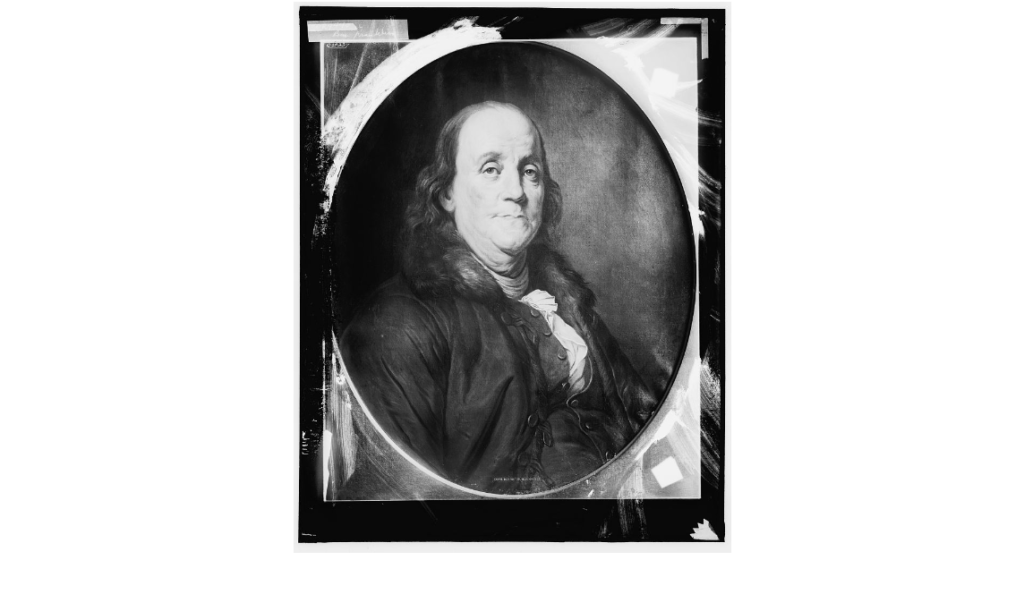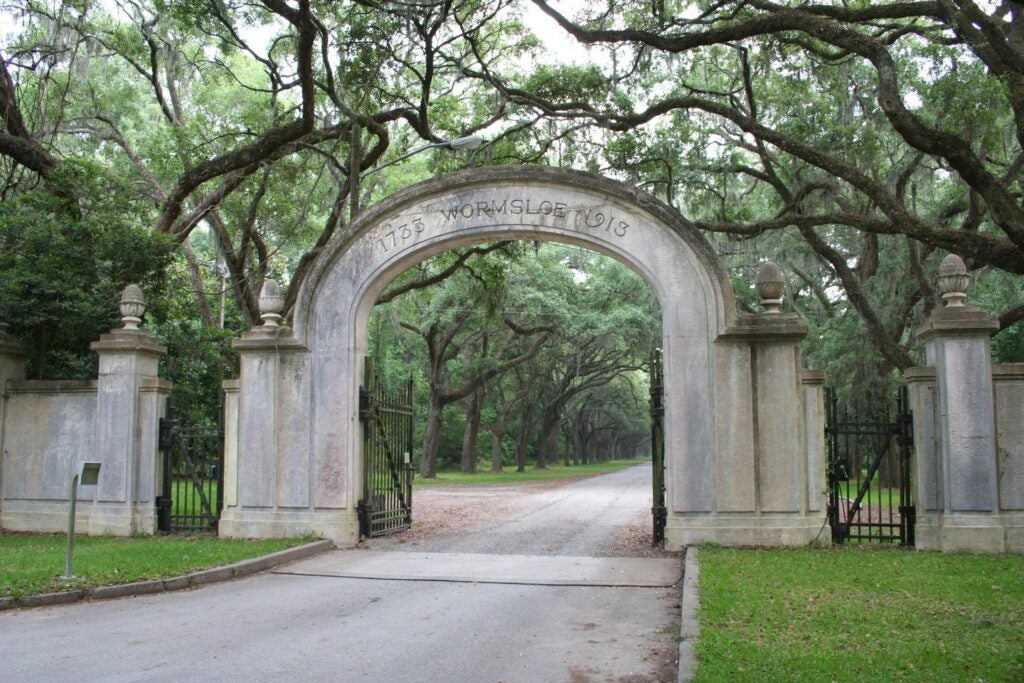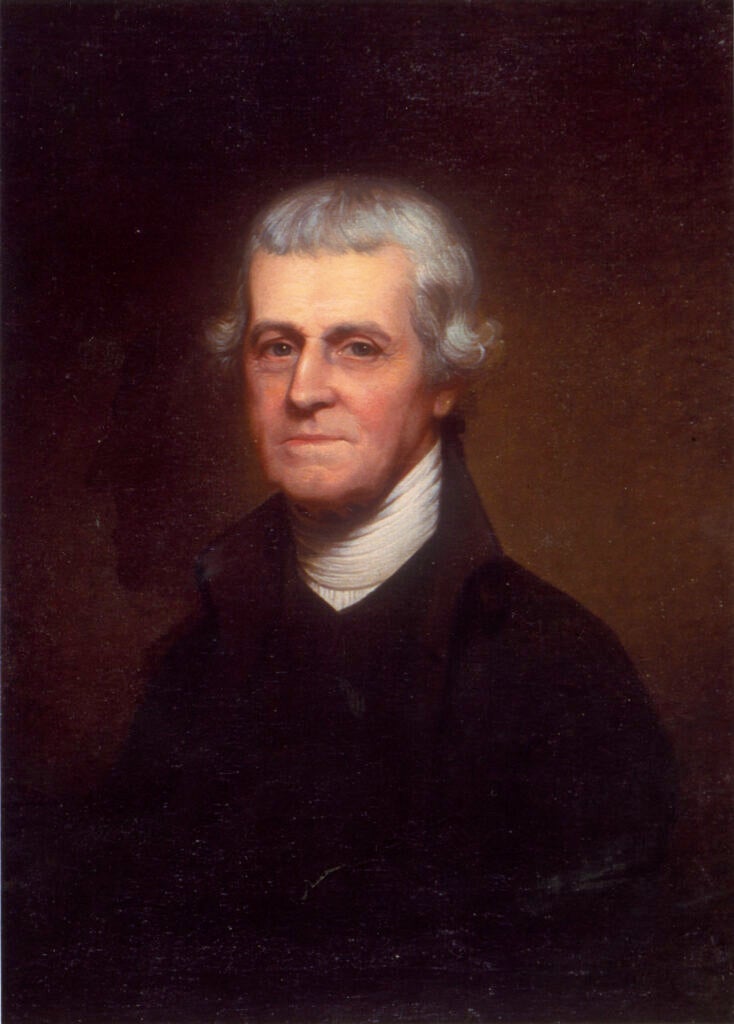Most people in Augusta only know the name “Noble Jones” as an upscale catering facility near the river downtown; however, Noble Jones was a real person.
Actually, there were two Noble Jones, a father and a son. The father would be the one to map out Augusta and help design its fort; meanwhile, the son would become a major catalyst of the American Revolution.
MORE: Augusta takes familiar path in replacing general counsel
According to Tom Mack, author of the book “Hidden History of Augusta,” Georgia’s founder James Oglethorpe, worried about Spanish incursion into Georgia, wrote to Jones Sr. and requested him to map out what Oglethorpe intended as a trading post between colonists and the nearby Native Americans.
Jones had arrived in Savannah and built his Wormsloe Plantation and planned to return to his native England when Oglethorpe made his appeal.
An interesting side note is that Wormsloe was not built as a slave plantation, as slavery was outlawed in the new colony. Oglethorpe made this edict not because he was anti-slavery, but because he feared the Spanish would incite slave rebellions.
Jones took up Oglethorpe’s offer and decided to stay; he was eventually elected to the upper house of the Georgia legislature and remained a loyalist to the mother country for the rest of his life. He died in November of 1775, mere months before the Declaration of Independence was signed.
Most of the roads that still exist today in downtown Augusta were first drawn by Jones. Meanwhile, the fort he helped design as a loyalist to the Crown would, ironically, see its first and only combat action in the Revolutionary War.
While Jones the senior was a loyalist, his son was the polar opposite who grew up to be a firebrand patriot, and he had a bit of an ace up his sleeve: he was close friends with one Benjamin Franklin.

Noble Wimberly Jones, a physician by trade, followed his father into politics and eventually became the speaker of the Georgia lower House. According to Mack, this put him in close proximity to Franklin since the founding father was the colonial agent for both Pennsylvania and Georgia.
It was Noble W. Jones who actually got Franklin his Parliamentary position.
Franklin is hailed as one of the wisest men who ever lived, but he had his share of dumb ideas. In one letter, Franklin sent Jones a package of Chinese tallow, or popcorn tree seeds, so named for the “popcorn” like blooms.
“I send also a few Seeds of the Chinese Tallow Tree, which will I believe grow and thrive with you. ’Tis a most useful Plant. With great Respect, I am, Sir Your most obedient and humble Servant, Ben Franklin,” Franklin wrote.
It’s not clear if Jones tossed the seeds out, or if they just didn’t grow very well in Augusta or Savannah. Franklin sent those same seeds to others and they did grow well in other parts of Georgia.
The Chinese tallow tree would become one of the worst Asian invasive species, second only to kudzu, that conservationists have battled. It took centuries after Franklin’s time to mostly eradicate the species, but they still pop up from time to time.
Jones did plant another batch of seeds from Franklin. According to the New Georgia Encyclopedia, Franklin sent Asian rice seeds he promised were hearty, not long after that rice plantations began to spring up from Savannah to the South Carolina low country.

The horticultural experiments aside, history shows that Jones would become one of the first prominent men in all of the colonies to embrace independence, and he would regularly argue independence to anyone who would listen, including Franklin.
Jones continued his service as a legislator and was a delegate to the Continental Congress, but after that, he faded into history, quite possibly by choice.
Once the Revolution was over, Jones moved back to Savannah to his medical practice and large plantations. Unlike most of the leaders of the Revolution, Jones’ wealth actually grew quite well during those times, and he acquired acres and acres of farmland.
What crop made Jones so wealthy? Franklin’s Asian rice seeds, of course.
…And that is something you may not have known.
Scott Hudson is the Senior Investigative Reporter and Editorial Page Editor for The Augusta Press. Reach him at scott@theaugustapress.com











